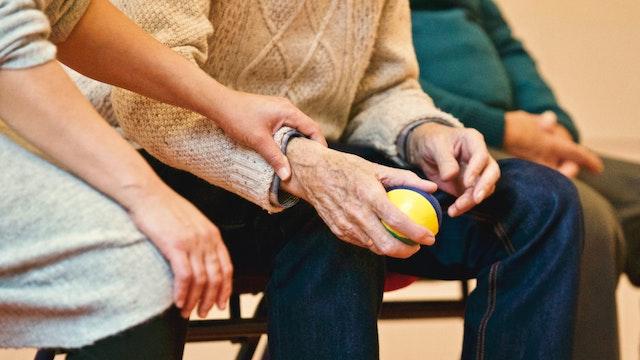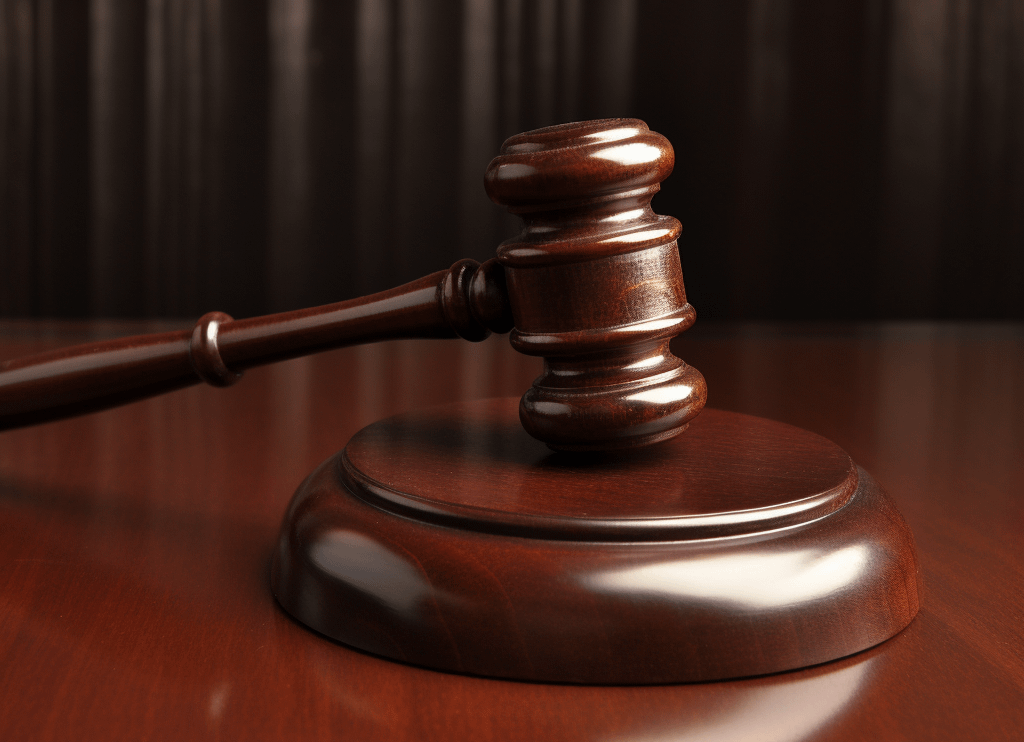Key Takeaways
- When a person can no longer care for themselves or their finances, they may need guardianship. The court may appoint a vulnerable individual’s family member, friend, third party nonprofit group, or attorney as their guardian in order to protect their finances and well-being. Guardianship can also be indefinite or temporary in cases where an incapacitated individual needs help with a certain task.
- The court recognizes the risk that guardianship poses to a vulnerable person’s civil rights. As a result, many safeguards are in place for guardianship in NYC.
- A vulnerable individual has the right to timely notice of the guardianship proceeding, due process, to be present at the hearing, and legal representation. They also have the right to present evidence and cross-examine witnesses.
- In New York, you can either be the guardian of the vulnerable person or guardian of their estate or property. It is possible to be appointed as guardian of both, co-guardians, or separate guardians for either.
- The two main types of guardianship proceedings are brought under two separate statutes, both with their own application and procedure. The first allows parents of disabled children to continue making decisions on their children’s behalf once their children reached adulthood. The second statute gives guardians broad authority over all decisions on behalf of the vulnerable individual.
Guardianship Lawyers in New York City and Long Island
Some adult members of our society cannot take care of their personal or financial needs on their own. Such limitations may stem from a mental impairment, severe physical illness, or cognitive decline due to Alzheimer’s or dementia. In these cases‚ a legal guardian may be necessary. Our attorneys can help file a guardianship for a loved one or provide counsel when filed by another.
What is Guardianship?
Guardianship is a legal arrangement where the court appoints a “guardian” to protect a vulnerable individual‚ known as the “Incapacitated Person.” A guardian is typically a family member or friend, but can be a third party nonprofit group or attorney. Sometimes a guardianship is temporary‚ meant to help an incapacitated individual with a certain task. Other times, the guardianship is indefinite.
Conservatorship in New York
With the release of the movie “I Care a Lot” and the Britney Spears conservatorship in the news, adult legal guardianship has become a big issue. Guardianship in New York State, and in much of the country, has evolved over the years to ensure individual independence and autonomy. Courts take guardianship proceedings seriously as guardianship significantly affects a person’s civil rights. Safeguards are in place to provide due process and ensure a guardian’s powers are necessary.

Right to Due Process
An Alleged Incapacitated Person’s right to due process requires they be given timely notice of the guardianship proceeding and the right be present at the hearing. An alleged incapacitated person has the right to an attorney. They can present evidence and confront and cross-examine witnesses. Our attorneys can help bring a guardianship proceeding or advocate against a guardianship.
What are the Powers of the Guardian?
Guardianship in New York State is divided into guardianship of the person and guardianship of the estate or property. The court can appoint an individual as guardian of both person and property, co-guardians, or separate guardians for the person and the property.
Guardianship of the Person often relegates the following responsibilities to the appointed guardian:
- Determining and maintaining place of residence
- Providing informed consent to and supervising medial treatment
- Consenting to and supervising non-medical services such as education, psychiatric or behavioral counseling
- Providing for all personal care needs, such as food, clothing, and safety
Guardianship of the Property often includes the following powers:
- Organizing‚ gathering and protecting assets
- Selling or maintaining real property
- Paying debts and expenses
- Managing income from assets
- Making appropriate payments
- Obtaining court approval prior to any sale of major assets
- Keeping receipts of all transactions and submit an annual report

Article 17A vs. Article 81
In New York, there are two main types of guardianship proceedings brought under two separate statutes: Article 17A of the Surrogates Court Procedure Act (SCPA) and Article 81 of the Mental Hygiene Law (MHL). There are differences in the application and procedure with these two statutory schemes.
Article 17A was enacted to provide a means for parents of disabled children to continue to make decisions once their children reached adulthood. Article 17A is diagnosis driven – requiring a medical diagnosis. Article 81 focuses on functional limitations, such as ability to engage in activities of daily living, and the likelihood of harm. A guardian under 17A has blanket authority to make all decisions on behalf of the ward. An Article 81 Guardian’s powers are strictly tailored to the individual’s specific needs.
While an Article 17A guardianship is simpler, it may be that the needs of the incapacitated person are better met through a limited Article 81 guardianship.
Who Can Start an Article 81 Guardianship?
Anyone can start an Article 81 guardianship, including the alleged incapacitated person (“AIP”). Article 81.06 lays out who can file a petition, but contains a broad catchall allowing anyone “otherwise concerned with the welfare” of the AIP to do so.

How to Start a Guardianship
An Article 81 guardianship starts with the filing of a guardianship petition in civil supreme court, in the county where the alleged incapacitated person (AIP) resides. The petition puts forth the reasons why the person needs a legal guardian and who the guardian should be. If the petition alleges sufficient facts, the court issues an Order to Show Cause and sets a hearing date within 28 days. The Petitioner must personally serve the Order to Show Cause and Petition on the AIP. Other family members and interested parties must be served with the Order to Show Cause.
The guardianship judge appoints a court evaluator, often an attorney, who acts as the “eyes and ears of the court.” The court evaluator interviews all the parties, including the AIP, and submits a report with recommendations to the court. The judge appoints counsel for the AIP at the onset, when the court evaluator advises, or when requested by the AIP.
At the hearing, the petitioner must prove by clear and convincing evidence that a guardian is necessary to provide for the personal and/or financial needs of the AIP. The evidence of functional limitations is provided through the testimony of witnesses. Once established, the AIP must either agree to the guardianship or the judge must find the AIP incapacitated.
Even when the judge finds incapacity, the court must consider the least restrictive alternatives. This requires the court to strictly tailor the guardians powers.
How is Incapacity Determined?
Incapacity is the inability to provide for one’s personal affairs or financial needs and the inability to adequately understand and appreciate the nature and consequences of such functional limitations. The judge must find that because of such functional limitations, the AIP would suffer harm without a guardian.
Article 81 focuses on functional limitations such as whether the person can meet their own activities of daily living (ADLs). ADLs include: mobility, eating, toileting, dressing, grooming, cleaning, cooking, shopping, money management, banking, and transportation. Article 81 hearings, in contrast to Article 17A, rarely focus on medical or psychiatric diagnosis.
Frequently Asked Questions
Article 81 guardianships are most often used when an individual is suffering from some type of cognitive impairment, like Alzheimer’s disease or dementia. Unlike an Article 17-A guardianship, which typically gives blanket powers to an agent to control the affairs of another in much the way a parent controls the affairs of a child, an Article 81 guardianships is more specific in its terms and is most often used in the case of an incapacitated person who previously directed his or her own affairs.
The alleged incapacitated person (AIP) can petition for their own guardianship. Also, relatives of the AIP, the administrator of a facility where the AIP currently resides, or any person who is concerned with the wellbeing of the AIP can petition to be a guardian.
The petitioner must file an order to show cause and a petition with the Surrogate’s Court of the county where the AIP lives. These documents detail the reasons why the petitioner believes that the AIP needs a guardian to oversee his or her affairs. Then, a court evaluator is appointed by the judge in the proceeding. The court evaluator is responsible for submitting a recommendation to the Court on the necessity of the Article 81 appointment through a series of interviews and other investigations.
A hearing is held at which it is determined whether an Article 81 appointment is necessary. The AIP, petitioner, and court evaluator are present at this hearing, though the AIP’s appearance can be waived if it is determined that the AIP cannot meaningfully participate in the heating. The petitioner has the burden of proving that the AIP is incapacitated and that harm would result if a guardian were not appointed. Alternatively, the AIP could consent to the guardianship but the judge would still have to decide that a guardian was necessary.
Should the court decide that an Article 81 guardianship is justified, the court will determine which powers the guardian will be granted. The powers must be the least restrictive interventions necessary to help with the specific needs of the AIP as determined by the court.
A guardian will have to file a Consent to Act form. Also, a guardian completes an Oath and Designation in which he or she swears to carry out the appointment faithfully and with the best interests of the incapacitated person in mind. The guardian must take a training course related to his or her new responsibilities and is required to submit a within 90 days documenting that a bond was posted (if needed) and the course was completed. Each year thereafter the guardian is required to submit an annual accountings to the court.
Under Article 81, a “Guardian of the Person” can be appointed to oversee the day-to-day maintenance of the physical life of the incapacitated person, managing their health care needs, planning for meal service, decide whether the ward shall live, and directing other daily activities to help keep the incapacitated person safe.
A Guardian of the Property is responsible for managing the finances of the incapacitated person. The guardian can be a different agent than the “Guardian of the Person,” though the same person can serve in both rolls.
A guardian typically makes an initial report within 90 days of the inception of the guardianship. In this report, the guardian attests to the general wellbeing of the incapacitated person and lists his or her assets. Thereafter, the guardian is responsible for filing an annual report which similarly attests to the financial, emotional, and physical wellbeing of the incapacitated person.





